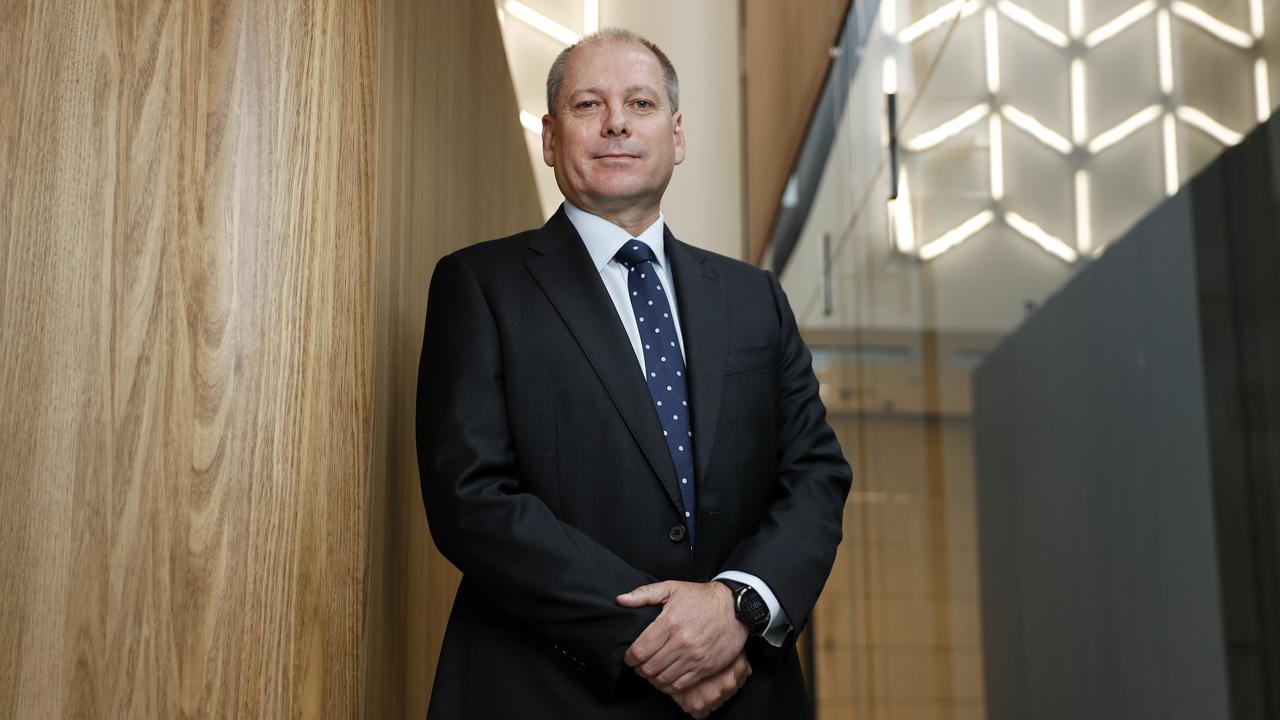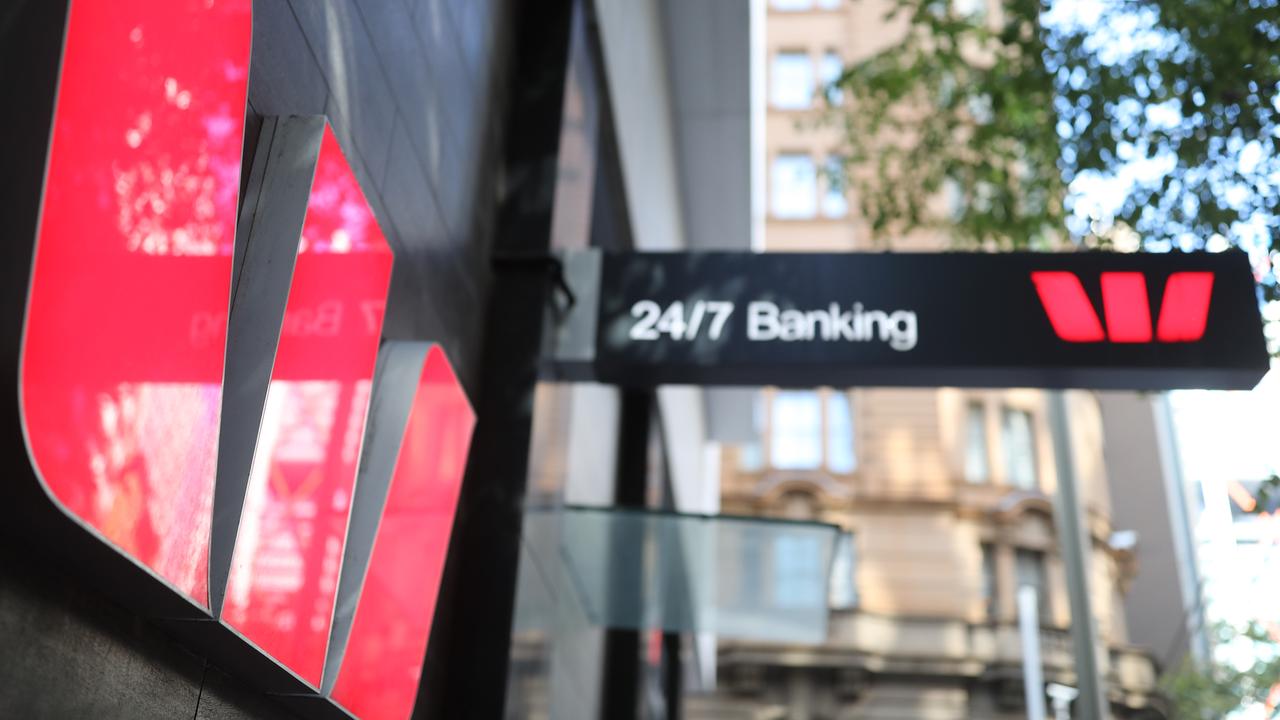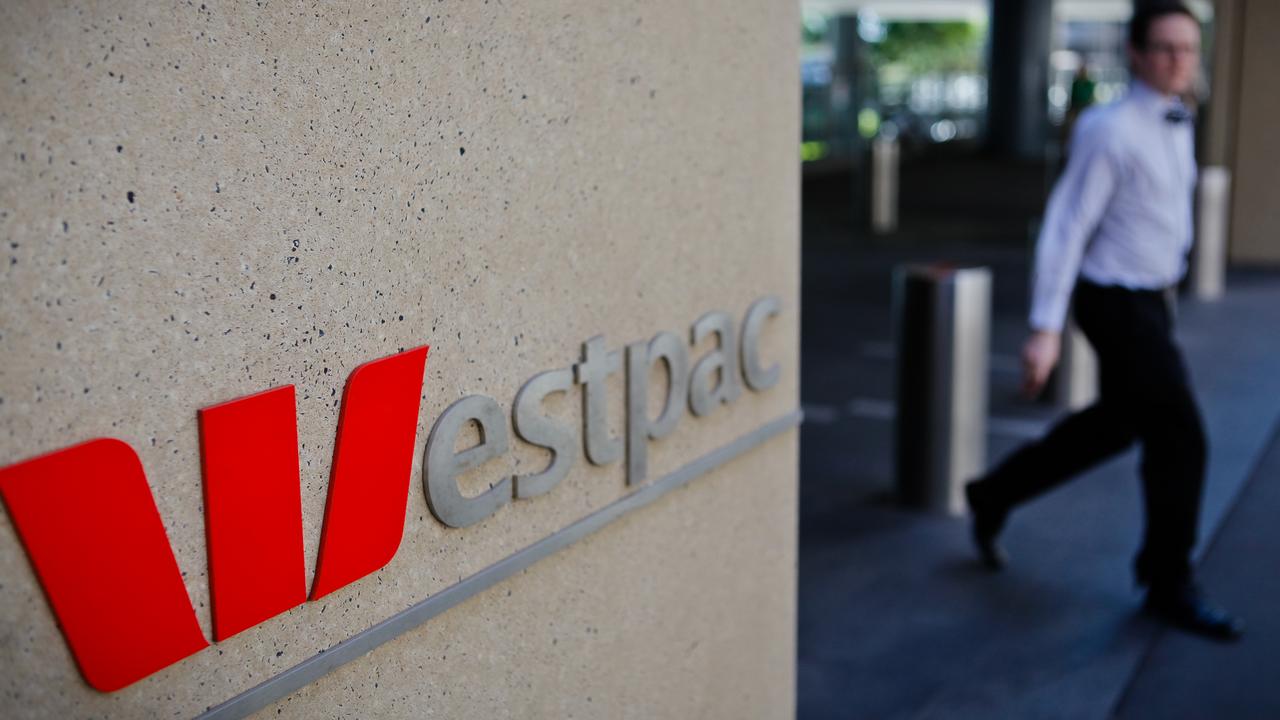Westpac’s Peter King faces an $8bn problem
After securing some easy savings, jobs will be on the line as the big four bank chases its ambitious target.

Westpac’s Peter King is in a race to carve out $8bn in costs from the bank over the next three years. To put that in context that’s equivalent to the entire spending bill of the Tasmanian government each year.
The chief executive and his chairman John McFarlane have both made the $8bn savings pledge to investors so senior managers of Westpac know there is a lot riding on this number.
Westpac was quick out of the blocks in its redemption journey by shrinking its head office and axing more than 1100 jobs at the end of last year. However these were relatively low hanging savings with more than 900 of these roles in the form of contractors – positions that can rapidly be turned on and turned off depending on what projects are under way. This means the hard work is still to come to hit the target.
The bigger risk for King is the broader economy doesn’t behave the way it should. With annualised inflation running at 3.5 per cent – that puts him $460m a year behind on his ambitious target.
King tells The Australian some inflation was factored into his thinking in setting the original goal, but concedes it “might be a little bit higher than what we thought given developments”.
He says the target is “ambitious” but has a plan to get there.
Already costs are coming down under a “reset” program, with a 7 per cent savings on expenses during the December quarter, helped by the job losses. King also has wider plans to cut staff numbers at Westpac’s sprawling Sydney head office by 20 per cent. The planned $1bn-plus sale of wealth potentially this year will see headcount come down sharply on the back of that.

This is part of a King’s three-pronged attack: rebuilding Westpac’s risk management, selling off businesses not core to banking; and cutting the cost base. But missing from the discussion around simplification is a fundamental reinvention of how the bank operates. It will still be the same Westpac but with fewer staff.
The medium-term risk of such a far-reaching cost cutting exercise is that it causes significant disruption while slashing into programs that are designed to keep the bank and customers safe. King maintains that investment spending can be maintained particularly as the lender exits from the wealth business which is earmarked for a $1bn-plus sale.
King pushes back on the suggestion that Westpac has underinvested in previous years, but notes a significant amount of funds went into the wealth and insurance business, particularly the technology-heavy investment platforms.
The latest costs savings would not affect investing, particularly in risk oversight.
“We will keep the investment level up, but … it’s about the shift in the portfolio which is important because it means I’m redirecting more investment into the bank,” he says.
The history of Australian banking over the past three decades is that at any moment of time one of the big four will be in the sin bin, usually as a result of a crisis of its own doing.
Westpac, which has barely put a foot wrong since its near-fatal lending losses of the early 1990s has spent much of its time since doing no harm to investors or regulators. But this complacency allowed some major problems to build up at the nation’s second biggest bank and ultimately explode a little over two years ago.
This came about in the form of picking running battles with regulators and it fell long way behind bigger rival Commonwealth Bank in terms of growth and shareholder returns.
Worse still it turned a blind eye to money laundering rules which allowed payments loopholes to be exploited in the worst form, including for child exploitation. Not only will Westpac wear the mantle of having to pay the largest fine in Australian corporate history of $1.3bn, it has simply lost the trust of investors.

King says to rebuild this the Westpac of the future becomes a lean, pure-focused “full service bank” in Australia and New Zealand servicing institutional, business and consumers. This means a wealth sale is moving ahead and he wants the bank to be more predictable.
He tried to show this with a better-than-expected 1 per cent lift in underlying December quarter cash earnings to $1.58bn, after stripping out one time items. Cost savings helped offset a squeeze in profit margins as borrowers started to shift to variable interest rates. The cost savings drove a 2.3 per cent jump in Westpac shares to $21.07 on Thursday.
–
Mortgage moves
Banks, including Westpac, are pulling back the competition on fixed rates given these are no longer as profitable.
The entire sector got a boost courtesy of Philip Lowe’s Reserve Bank, which spent hundreds of billions of dollars keeping interest rates down in Australia through the Covid pandemic.
This allowed banks to scoop up artificially cheap money and lend it out on the other side at a healthy profit margin even while rates for borrowers were rock bottom lows. Now as money markets are betting on future rate rises this is pushing up the cost of funds for banks, meaning borrowers have seen the end of a once-in-a-generation bonanza on cheap fixed loans.
Even amid the debate about the timing of interest rate moves, when the next round of rises does come, King notes it’s going to be new territory for Australia.
Nearly half the new or refinanced mortgages written through the Covid pandemic were locked away into fixed rates. This landmark shift to fixed mortgages will blunt the brute force of an interest rate hike, he says.
“It’s just not going to get a direct transmission into the economy as what you did in the past”.
On the broader economy King is already putting some sandbags around the bank, even as everyone is talking about a rapid rebound in economic growth and record low unemployment. He points out that the recent Covid wave did not trigger any new lending losses, while missed mortgage payments actually fell.
However he has set aside an additional $370m in the event of unforeseen shocks emerging and lingering concern about how the supply side pressures will play out for business customers.
“We’re not all the way through this pandemic, and it’s thrown up curveballs along the way. So we just held our powder dry on provisioning and coverage,” he says.
Still, if Australia can navigate the supply shortages and labour squeeze this will put Australia on a stronger footing.
“If we look at the major metrics, employment is low and looks to be heading lower while GDP growth will be a bit stronger and quickly bounce back from the summer disruption. We’ve got good demand in business and in mortgages. Hopefully some moderating property prices won’t be a bad thing”.
johnstone@theaustralian.com.au
Originally published as Westpac’s Peter King faces an $8bn problem





